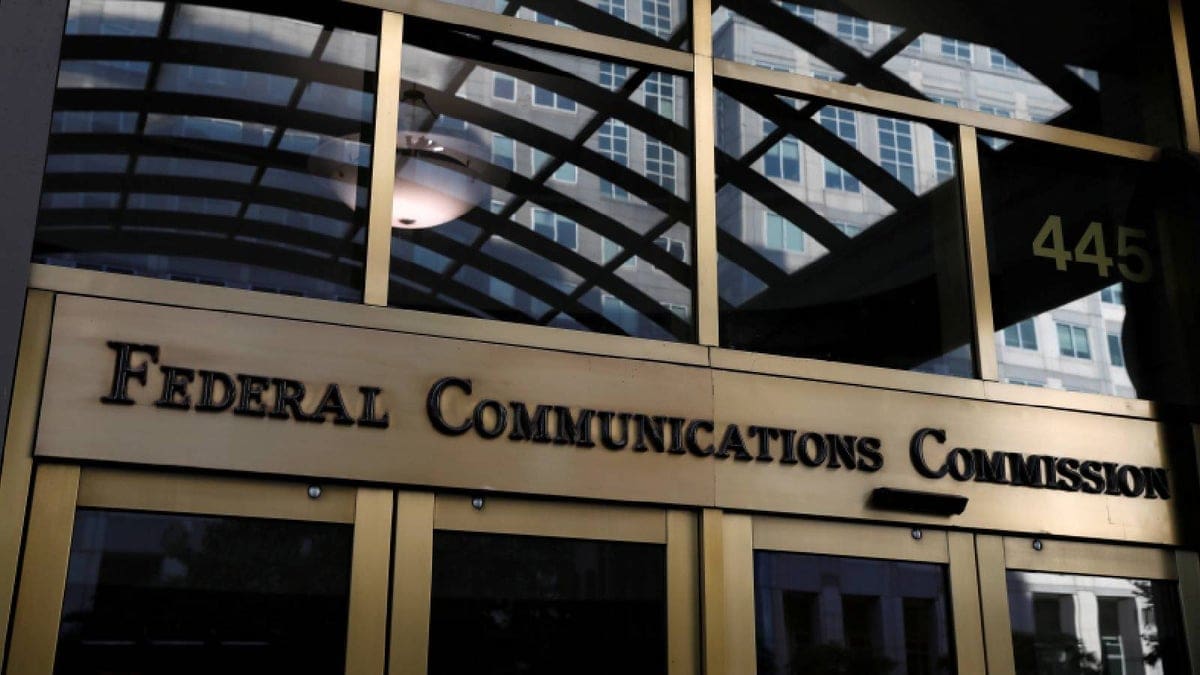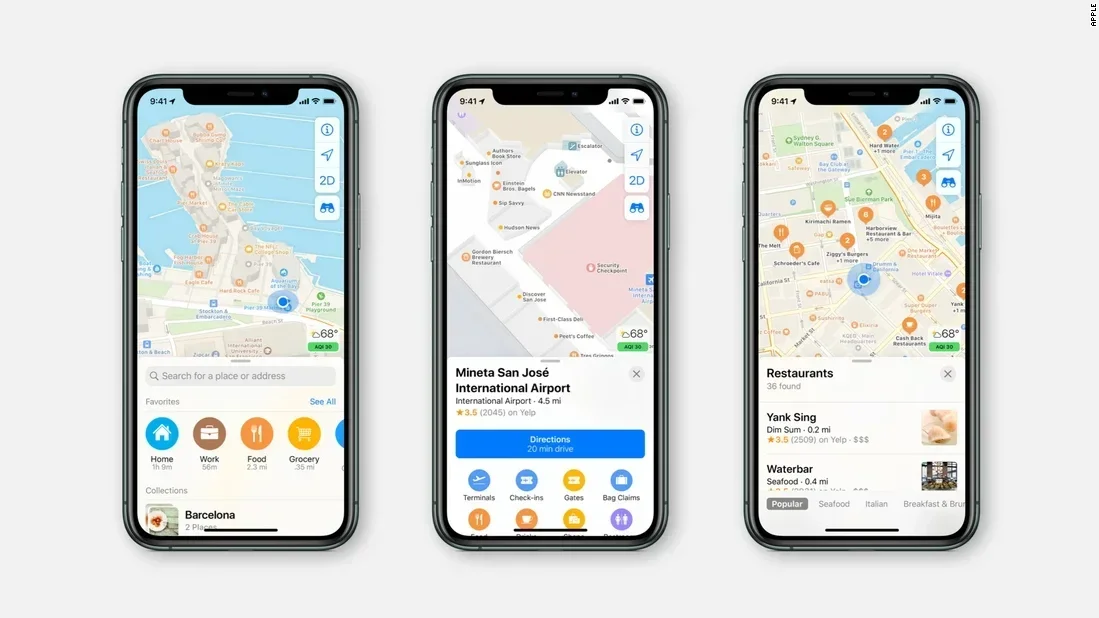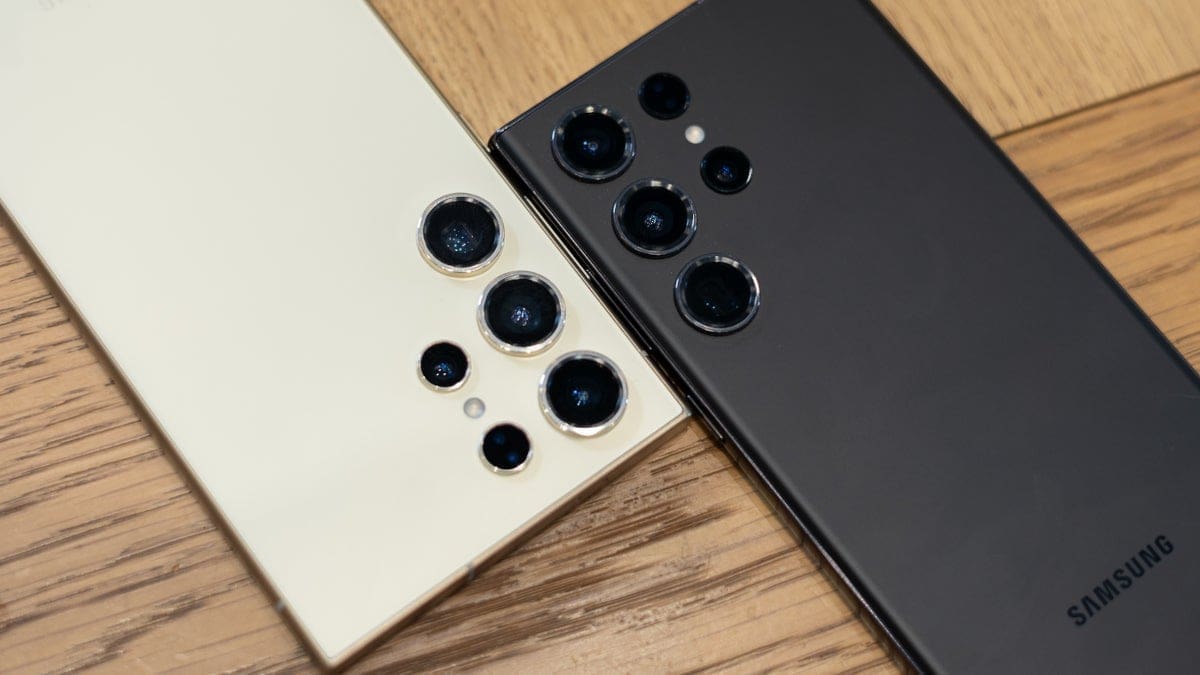When you purchase a phone through a carrier, you are essentially giving them the authority to determine when you can unlock your device. This can be frustrating as it ties you to that specific carrier until the unlocking process is complete, preventing you from switching to a different provider even if you are dissatisfied with the service.
To add to the confusion, different carriers have varying unlocking policies. For example, T-Mobile allows you to unlock your phone once it’s fully paid off, whereas AT&T requires notification after completing installment payments before unlocking your device.
The FCC is pushing for standardized unlocking requirements across all carriers to simplify the process for consumers and reduce confusion. By implementing a universal 60-day unlocking period and consistent guidelines, the agency aims to promote competition in the market by making it easier for customers to switch between providers.
It’s important to note that these rules may apply not only to new contracts but also existing agreements. Carriers typically enforce a minimum commitment period to recoup costs associated with offering discounted phones.
While a 60-day unlocking policy could discourage carriers from providing phone discounts, the FCC is considering the implications on postpaid and prepaid plans before finalizing any decisions. Additionally, smaller telecom companies and resellers will be affected as they cannot sell locked phones.
Currently, only a Notice of Proposed Rulemaking has been issued by the FCC, indicating their intention to update unlocking regulations. No definitive decision has been reached yet, and further discussions will explore how this change could impact various aspects of the telecommunications industry. Stay tuned for updates on this developing situation!











